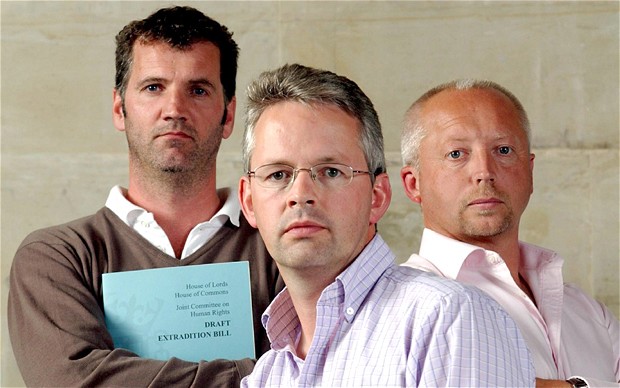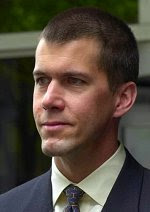 As noted in this previous post, the mining of claims in regard to the widespread corporate practice of backdating options as a method of executive compensation is in full gear despite the relatively straightforward nature of the legal issues related to the practice. So, what’s driving this litigation freight train?
As noted in this previous post, the mining of claims in regard to the widespread corporate practice of backdating options as a method of executive compensation is in full gear despite the relatively straightforward nature of the legal issues related to the practice. So, what’s driving this litigation freight train?
In this lucid post regarding the allegedly dastardly practice of granting options after the stock market dropped on the heels of the 9/11 attacks, Larry Ribstein observes that the scandal reflects a journalistic cooking of the books:
The whole backdating/springloading story has had the aspect of the mutual fund “scandal” — leveraging a bunch of tangentially related stories involving quite disparate practices into one big scandal that keeps the readers coming back and buying newspapers. The last thing the journalists want is the sort of analytical clarity that we need for useful public policymaking. Rather, they want to obfuscate differences to enlarge the apparent, though not actual, size of the story. With respect to the 9/11 “scandal,” the reporters can add to the usual book-cooking large dollops of greed-and-resentment-mongering curried in sanctimony.
But now, the WSJ’s Peter Lattman — author of the popular Law Blog — weighs in with this WSJ ($) article that reports on another powerful driver of the latest business scandal de jure — big law firms:
For public companies, investigations of possible stock-option backdating have become a huge headache. But for big law firms, they’re the latest full employment act, generating hour after billable hour of work across practice areas, from tax and executive compensation to securities and white-collar defense.[. . .]
Because cases of backdating can require restating earnings, there is tremendous pressure on companies to address any problems immediately. And even as backdating touches myriad legal disciplines, individual players — from the company itself to a board committee to individuals — often require their own separate counsel. [. . .]
Some law firms are marketing themselves aggressively in the area. Earlier this month, [law firm] Proskauer [Rose] issued a press release saying it had formed a “Stock Options Task Force,” bringing together more than 20 lawyers across practice areas. Mr. Cleary says that when he and his partners began to work on options-timing matters they asked themselves, “Why are we doing this all discretely? We can be much more efficient, much more nimble and much more effective in handling these issues collaboratively.”
Ah, the synergistic power of the media and big law firms! ;^)









